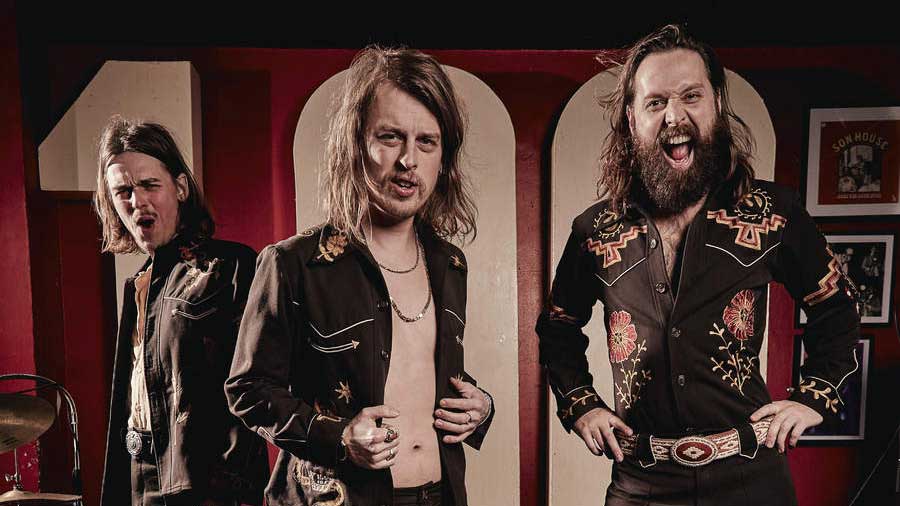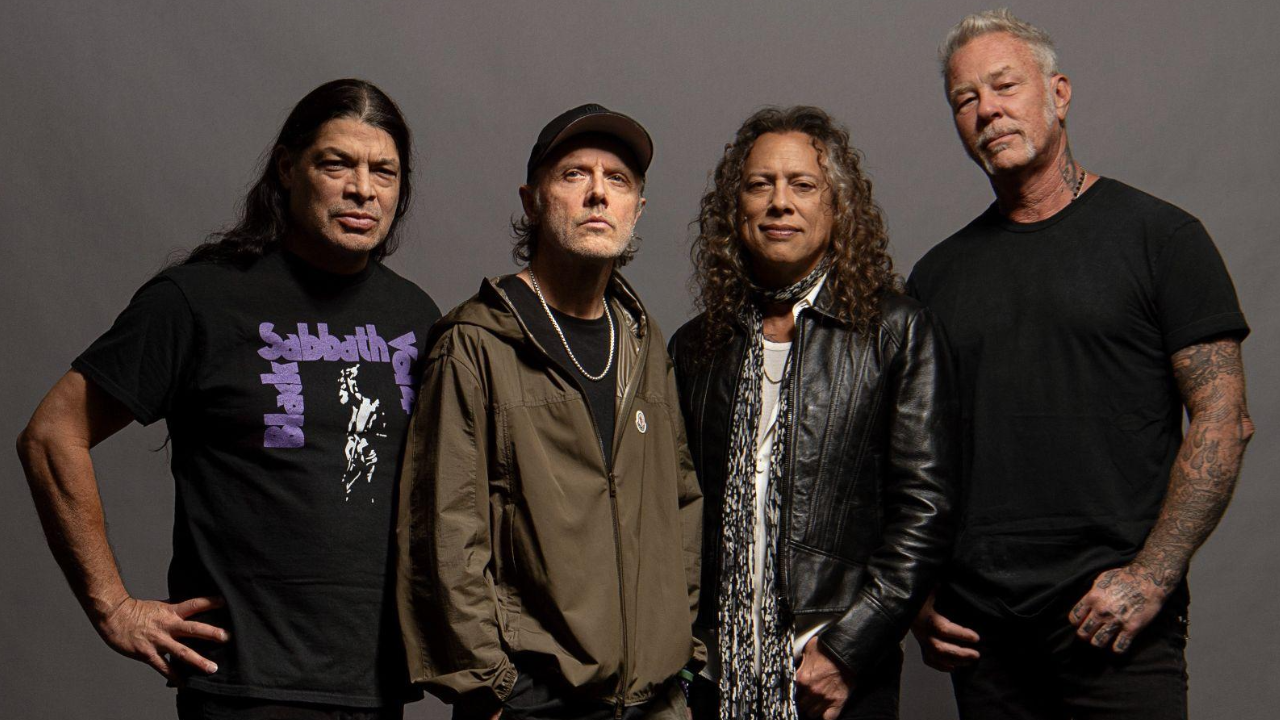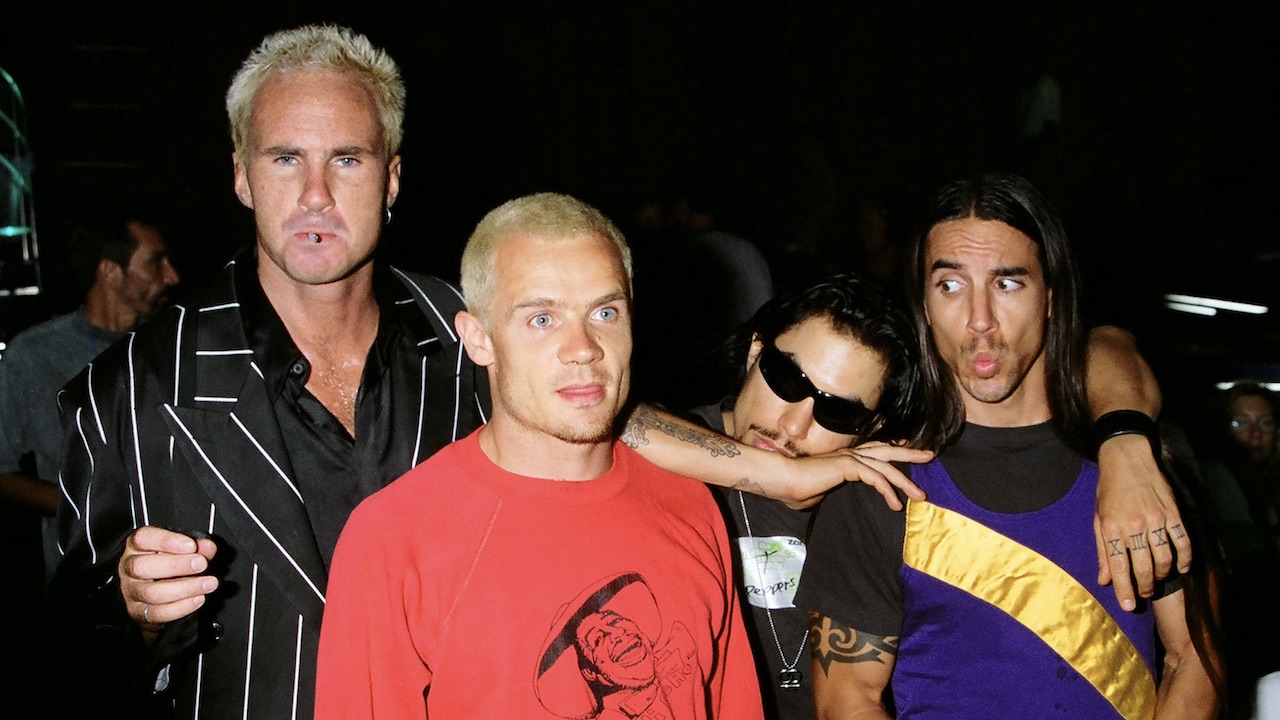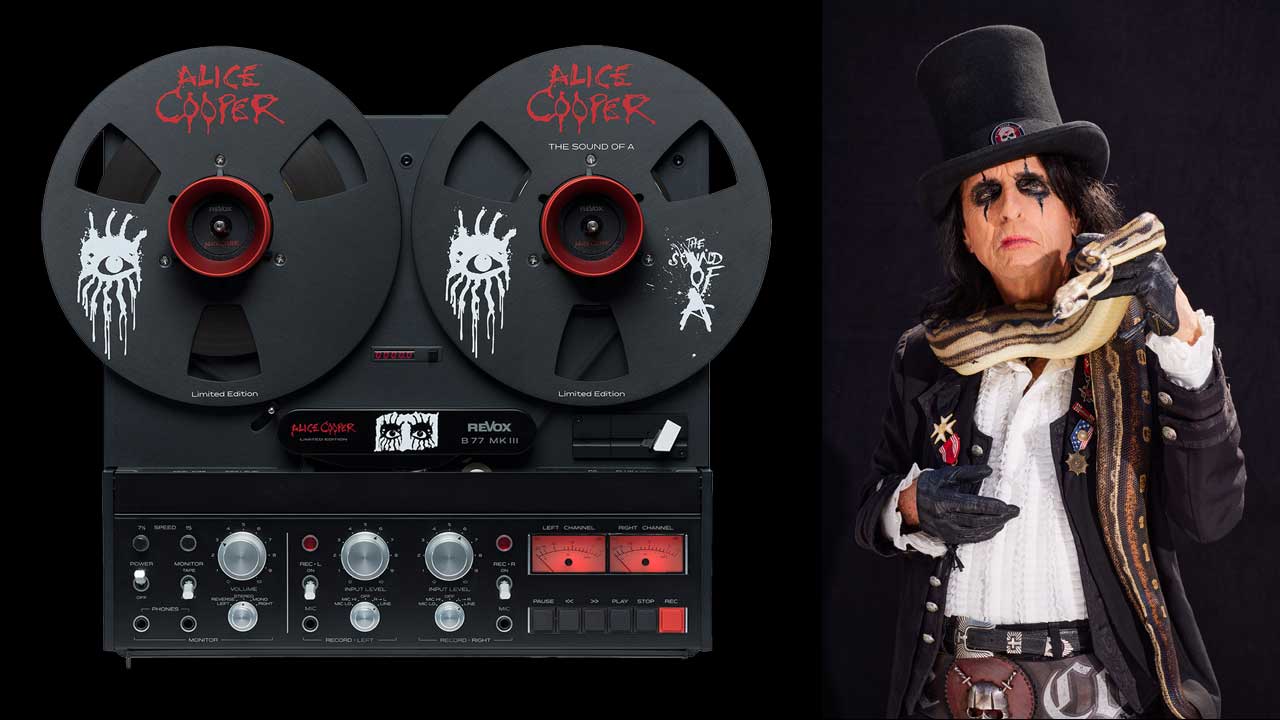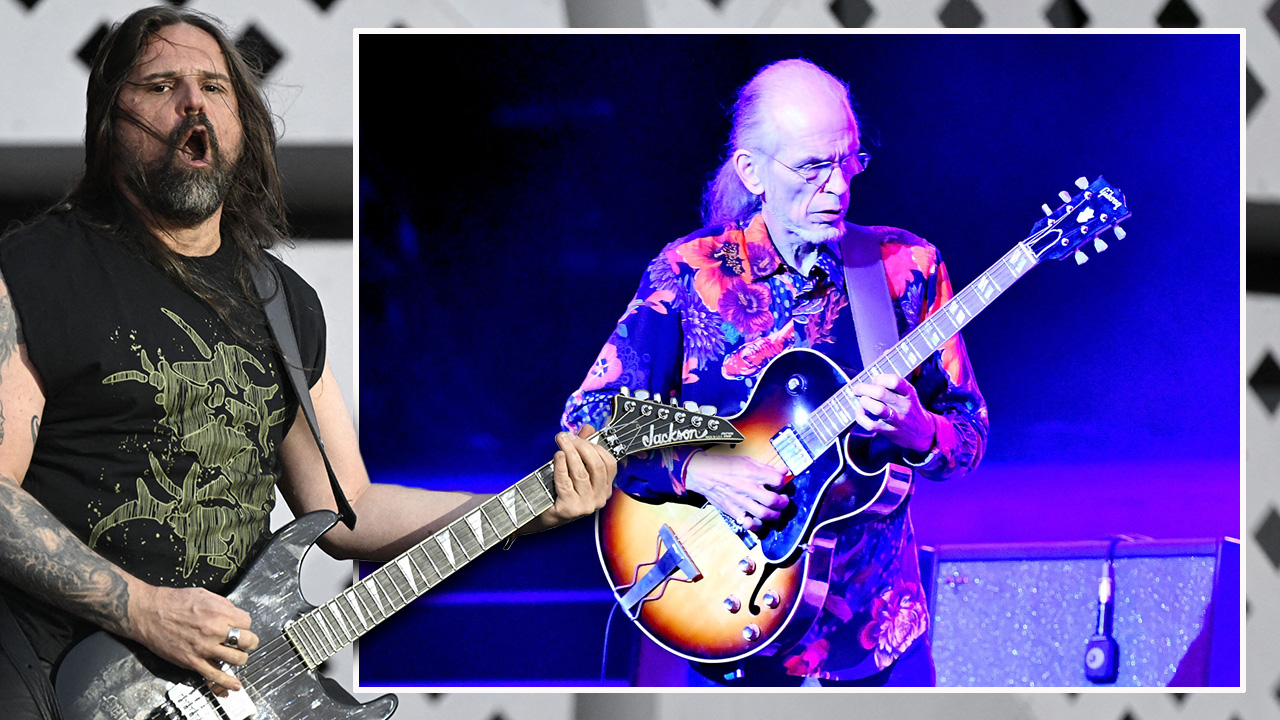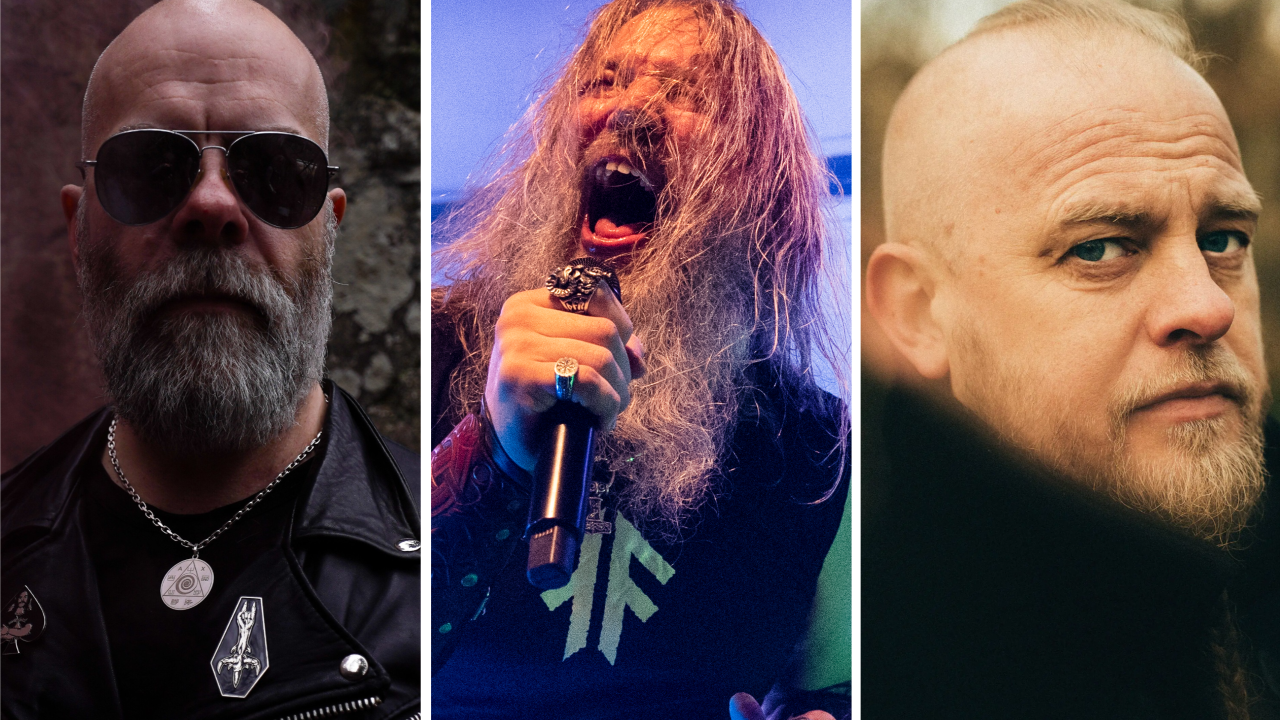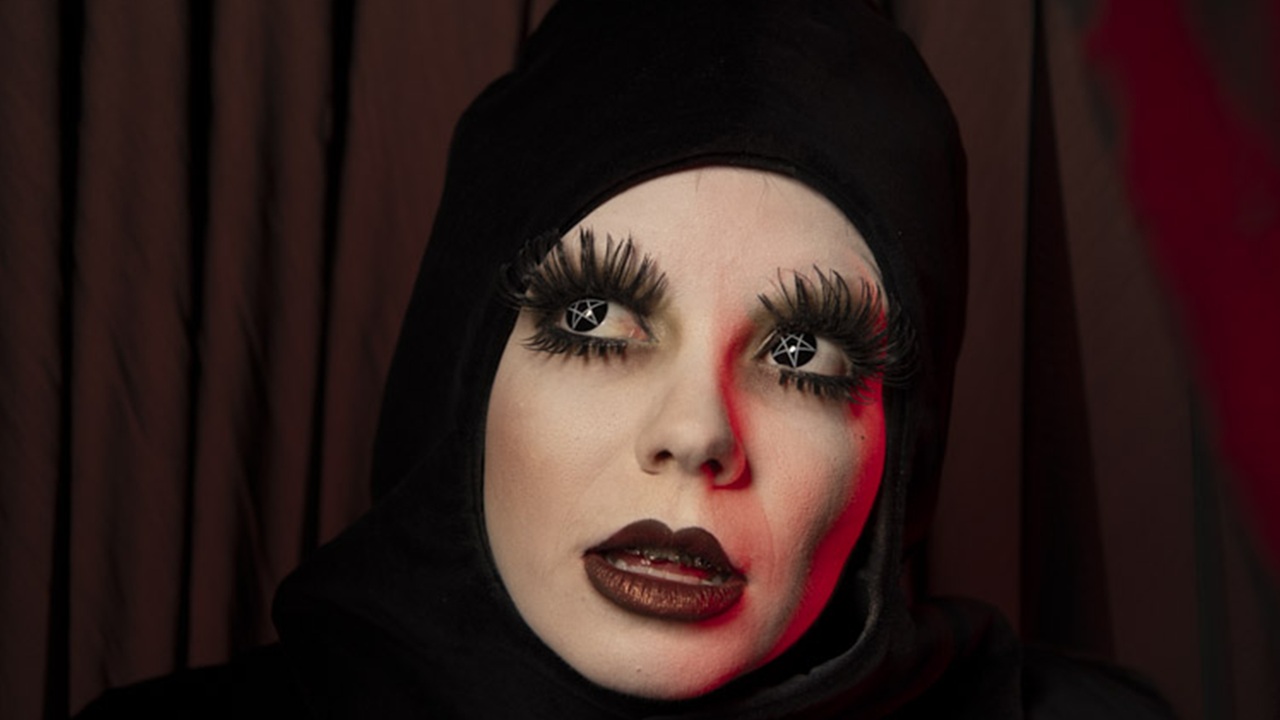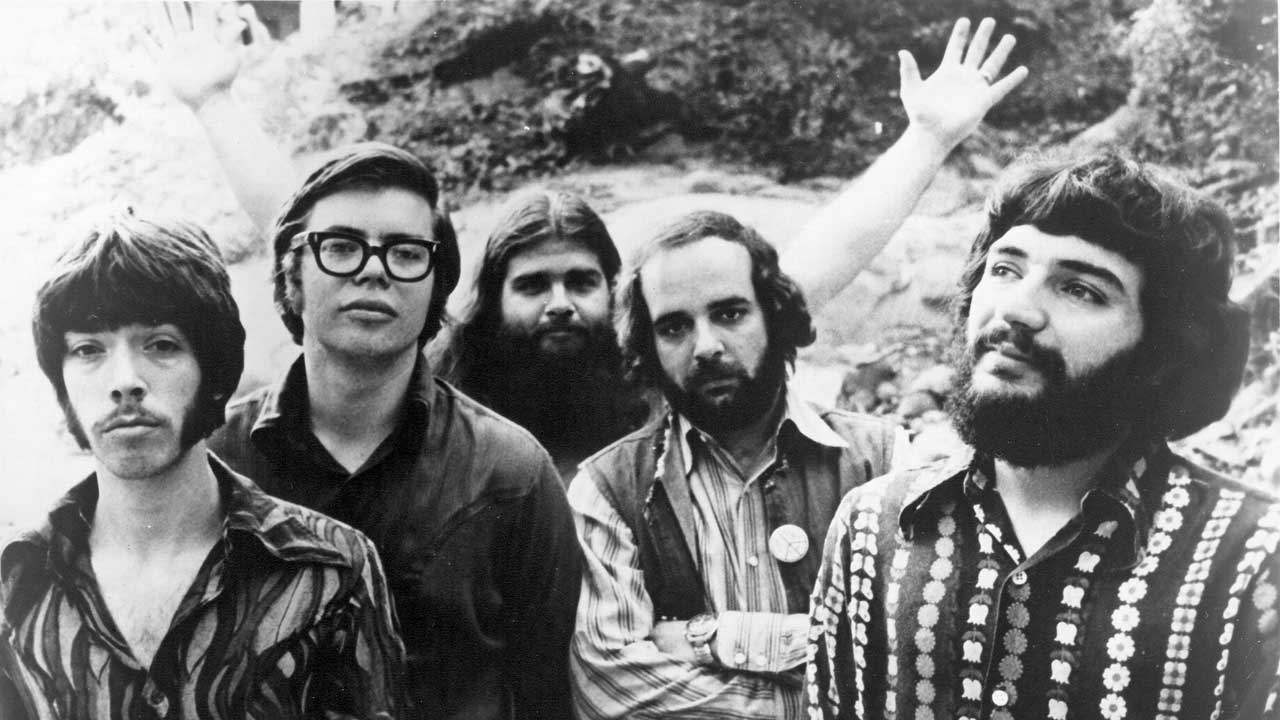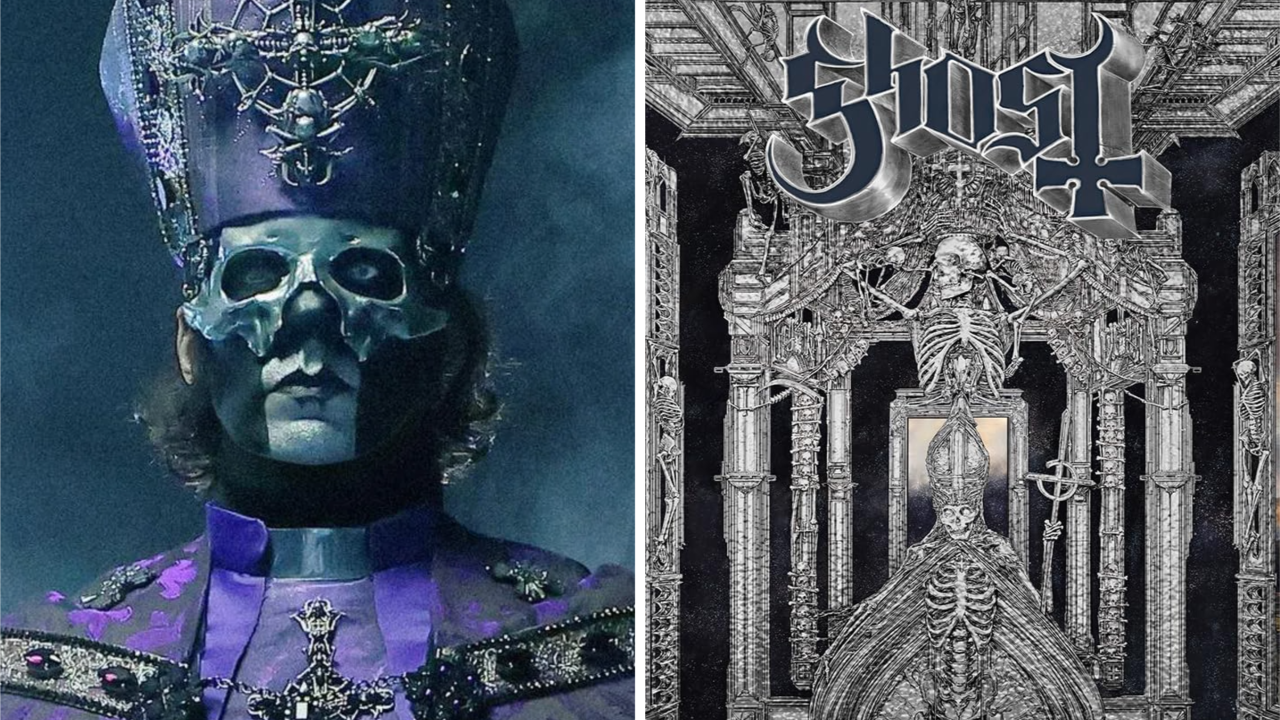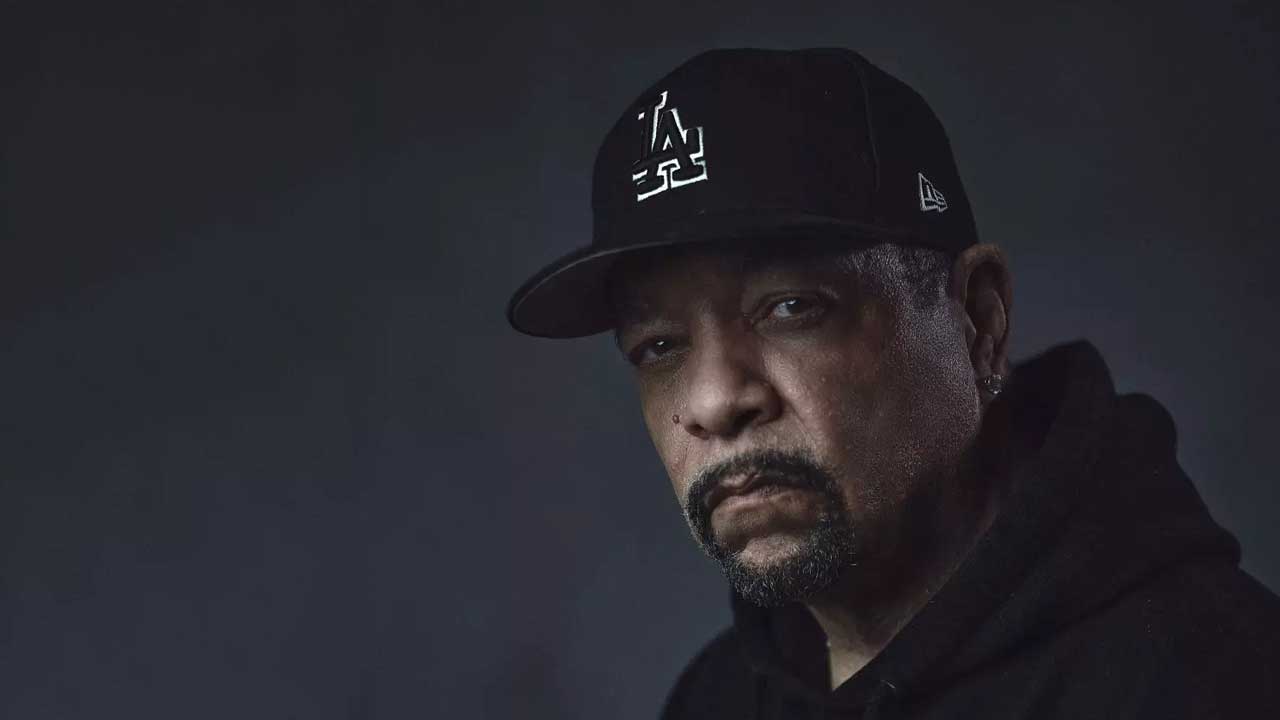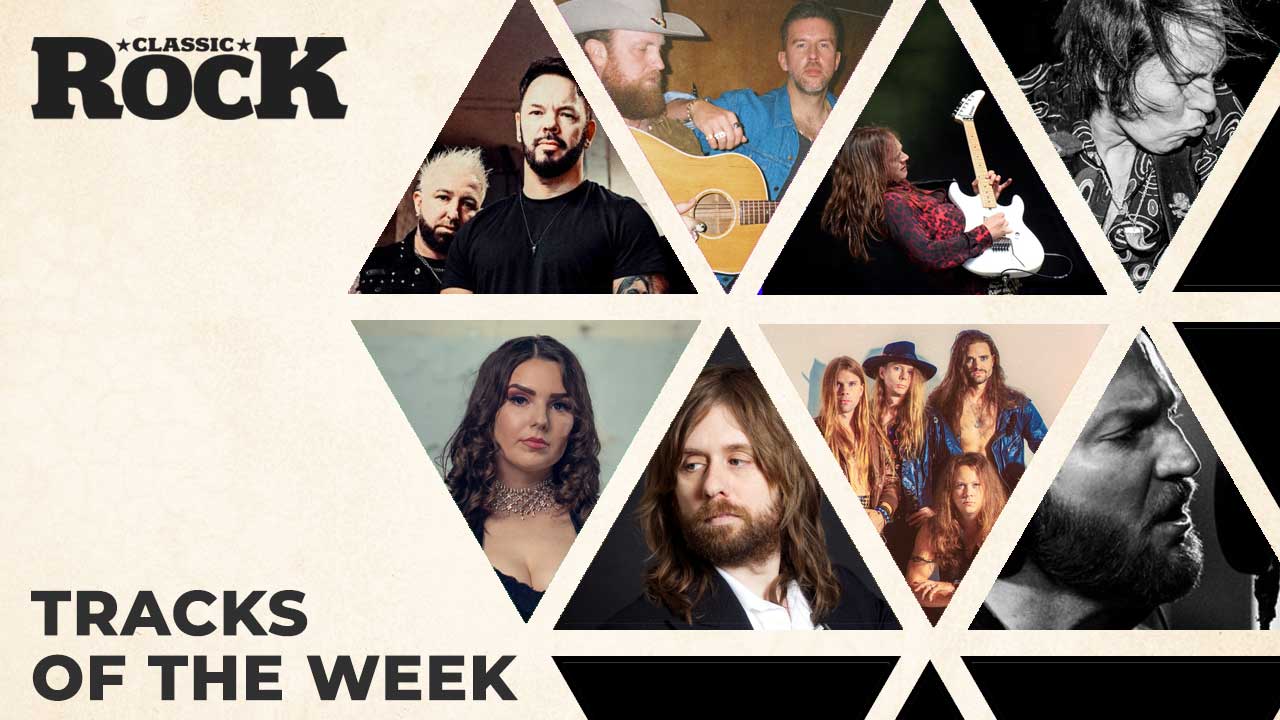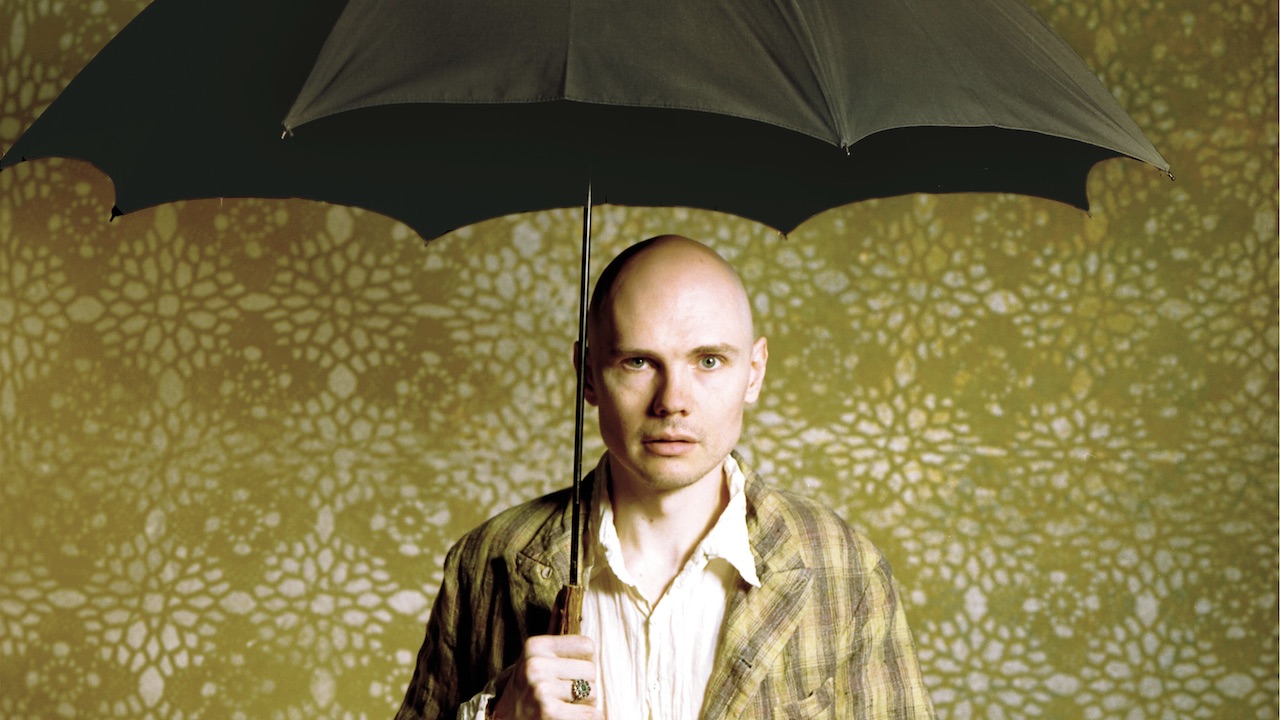The 100 Club feels like a piece of living history. From the jazz artists of its inception in the 1940s to the blues and rock pioneers that filtered in over the coming decades, the people of its past still breathe in its red walls. It adds something to the atmosphere. A residual smokiness from days of chain-smoking hopefuls who became legends.
Under the watchful eyes of Son House, Mick Jagger, Muddy Waters and dozens more picture-framed heroes, tonight’s millennial headliners saunter on stage to the old-world crackle of Howlin’ Wolf’s Call Me The Wolf. Chart-toppers in their native Holland but relatively new to the British live scene, this is DeWolff’s first gig here in four years. A lot has happened in that time. Is there an appetite for another bunch of retro revivalists with a Led Zeppelin addiction and an obstinate reverence for all things analogue?
Except DeWolff are not just another bunch of retro revivalists.
Any suspicions of tired, dusty nostalgia porn are blow-torched within seconds. Their gear might be old (like, really old), but there’s heat in those first chords. The matching suits. The looks on their faces. The high kick from 31-year-old frontman Pablo van de Poel. The sense that classic rock can still be exciting.
“Are you ready for some rock’n’roll?!” van de Poel shrieks, jacket open to reveal gold chains and a slim, boyish torso. “Are you ready, for the night traaaaiin!”
It should be laughable, but it’s not. It’s like watching the son of James Brown and Steve Marriott, in full flow, with his two falsetto-harmonising bandmates simulating the female backing singers that appear on their latest record.
With that, Night Train canters into life. The room fills with cheers.
If you’re going to go old-school in 2023, this is how you do it.

Acouple of hours earlier, we arrive at an empty club to find the band ironing out some sound-check hiccups. Cheap, unearthed adapters keep giving them little electric shocks. No one seems phased; DeWolff have been doing this since their teens (drummer/singer Luka van de Poel, Pablo’s little brother, was only 12 when the band started).
“It’s not like it’s extremely dangerous at the moment,” muses sound engineer/tour manager Hector, nodding towards tall, bearded keyboard player Robin Piso as he blasts a few screams out of his vintage Hammond. “But he’s getting shocked, and sometimes Pablo as well.”
On cue the singer/guitarist puts down his Gibson Firebird and strolls over. Next to the drum kit sits a beautiful old Marshall amp that he bought earlier on Denmark Street, its brown label still attached.
“Isn’t it great?!” he slurs ever so slightly through end-of-tour fatigue, Peroni in hand, grinning under a van-fresh heap of bed hair and 70s porn star moustache. Like his bandmates, he could have wandered out of Haight-Ashbury circa 1967.
“When we look at pictures of our heroes or check out videos of them performing,” he says, “it’s like, ‘oh, that’s, that’s what he’s wearing, that’s cool, I’m gonna get those boots!’”
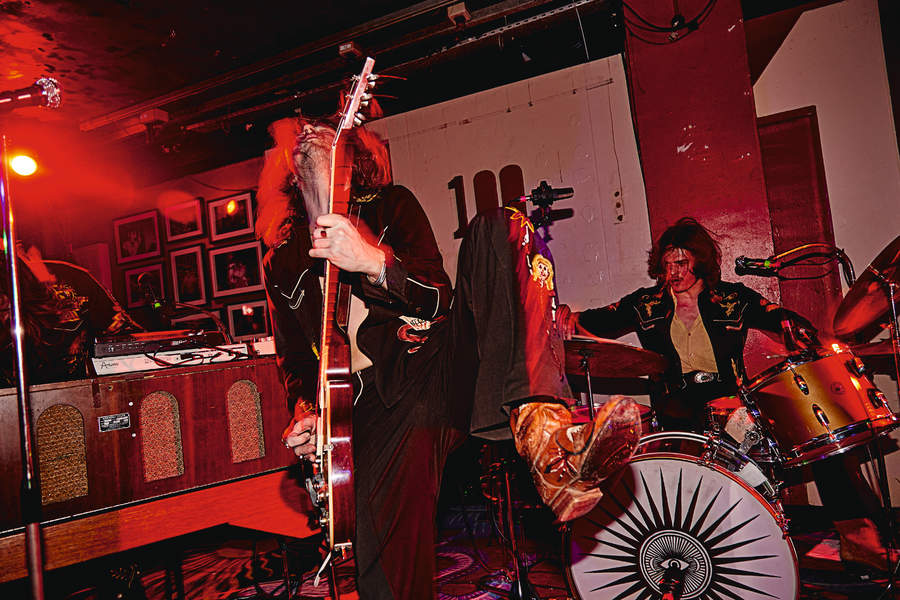
For DeWolff, past style isn’t so much a fashion choice as a religious persuasion. A spiritual calling. A way of life that applies to the music they play, the clothes they wear and even the cars they drive. If you sliced them they’d bleed paisley.
On stage this devotion is in everything, from the curly guitar cables to the large rug adorned with the artwork of their new album Love, Death & In Between. Back home their stage outfits were embroidered by Luka, using a hand-cranked 1920s sewing machine. You will not find another young rock band as deeply immersed in all things retro as they are – and certainly not one that makes it feel as much fun.
It’s a by-product, perhaps, of starting out young. This gung-ho naivety that keeps them diving headfirst into harebrained schemes like making an album on cassette tape while squashed into a tour van (they literally did this for Tascam Tapes in 2019). Or getting fans to vote for the track-listing of their next record (this led to Wolffpack, a No.2 in Holland in 2021, kept off No.1 by the Foo Fighters).
“Usually we have a cool idea,” Robin says through mouthfuls of pre-gig Pad Thai, “and then it turns out to be really hard-core, energy-draining… We don’t think how much time and energy it will cost. And that’s good, because otherwise we wouldn’t do it.”
“The Nonagon Marathon…” Luka says, remembering their other quarantine-era venture. “All our songs for a live stream. Nine albums, nine nights, one album every night.”
“That’s on a USB stick that we’re selling. I’ll give you one!” Robin chirps. “It’s really intense, like with all these ideas we have.”
Are their loved ones as in love with the past?
“My girlfriend sells clothing from the forties, fifties, sixties,” Luka says. “And Pablo’s wife and Robin’s girlfriend are all…” he laughs. “We all look like we’re from the sixties and seventies. And it’s anatural thing. We genuinely love this kind of style.”
Seemingly they’re not alone. Across Europe DeWolff draw large audiences of mostly 30-somethings. In the past year they’ve played for 10,000-strong rooms opening for Toto and The Black Crowes. On the penultimate night of the latter tour, they partied into the small hours with Crowes frontman Chris Robinson.
We went to his dressing room, he invited us in,” Pablo recalls. “At first it was all very ‘decent’, we had conversations about Steve Marriott, then more people started coming in, the volume of the music went up, people started dancing and we had this crazy party.”
It wouldn’t be the last time they’d hear from Robinson Snr…
On stage, Pablo scans the enthused audience approvingly. His eyes land on the seated punters to his left. “Ah, hello! The old people sitting down!” he declares in cheerfully zero-filter fashion. “Rock’n’roll was invented by your generation!”
From many this would smack of smart-arsery. But Pablo’s reverence, as they swerve into a rich, 70s-tastic Yes You Do, is totally sincere. It can be heard on all DeWolff’s records, but never more so than on Love, Death & In Between – a sun-kissed, soulful affair that owes as much to Sam Cooke and the Staples Singers as it does to Humble Pie and Led Zeppelin.
The underlying vibe was sparked by a US trip Pablo took with his wife. Pilgrimages were made to Nashville’s Music Row, Muscle Shoals in Alabama and Stax in Memphis. While staying in the latter city, they attended a service at Al Green’s church. Meanwhile the frontman was absorbing the simple-pleasures ideals of John Steinbeck’s classic novel Tortilla Flat. The experience – combined with a post-lockdown longing for collaboration – set the tone for Love, Death & In Between.
“Wolffpack was recorded in quarantine,” Robin adds. “And now we wanted to have as much human energy in the record as possible.”
To achieve this they decamped to Kerwax studio in Brittany, France for two weeks, taking various musician friends with them. A fully analogue set-up in a converted old boarding school, it was exactly what this deeply classic-sounding ensemble project needed. Songs came together quickly, with the extra players giving the core trio space to enjoy one idea at a time, rather than frantically trying to come up with everything themselves.
“You have the horn lines, the singers,” Luka says, “and so it’s easier to write a more simple song, because you already have that rich sound. When we’re with the three of us we tend to make songs too complicated sometimes.”
“You have all this room to nerd out over your own instruments and be like: ‘Okay, I can fill this up with crazy guitar things,’” Pablo offers. “And when you’re with more people, there’s more room to just relax. We think music should flow. Everyone grows up differently, gets to read different books, gets to hear different kinds of music. But if you get three individuals together, something unique should come out of it.”
It was a busy but blissful time. A rock’n’roll summer camp of sorts. Much of this comes out on the 100 Club stage, the warmth and flow of these songs spiced with urgency. The frenzied energy of three friends who’ve been on the road for weeks, as they play songs designed for 10-plus players.
Like all proper power trios, there are no weak links. Pablo, a dishevelled but fiery frontman, leads a hilariously ‘British’ call ’n’ response to Double Crossing Man (fresh from the Austin Powers school of English accents). Robin is a head-whirling dervish at the keyboards, in love with the inimitable, classic command of the Hammond organ. Luka has the voice of a lead singer, taking various lead lines as he drums, Levon Helm-style, throughout the set. You almost forget there are only three of them.
By the time they reach the encore with Rosita – a super-sweet, Little Feat-esque highlight of Love, Death…, and far more fun than most lavish 16-minute epics have any right to be – the almost-two-hour set seems to have flown by.

Post-show there’s a crowd at the merch table. A tangle of hands, T-shirts and records jostle for space, while Robin and Luka sign albums and pose for photos. We find Pablo in the dressing room, his gaze falling somewhere between bliss and an athlete’s exhaustion.
“That was great!” he says breathlessly, grinning, collapsing into the sofa. “It was really… intimate, right when we came on stage, that first second, it was like playing in a pub, in a really good way! Little things that sometimes get lost in big spaces.”
With a capacity of 350, the 100 Club is small compared to venues they typically play on the continent – and especially in the Netherlands where they fill 1,000-capacity rooms. A reminder that the UK, the birthplace of so many of their heroes, is still relatively uncharted live territory.
“I love that,” he says. “It keeps you on your toes. In Spain we did some big shows but we also did a cafe. It’s very much the space. We just have fun.”
So what’s next? If the stars align, maybe a record with Chris Robinson.
“We were taking a picture [with him],” Robin says, joining us, “and he was saying in my ear: ‘Let’s talk about how I can make your best record. You know I’m a producer, right?’ And we thought, like: ‘Okay, he’s drunk’, or ‘he’s just saying this because it’s the end of the night’. But he came back to it a couple of days later: ‘So I listened to some of your songs, and I think… we could work on something…’”
For now they’re focused on returning home. Luka is buying a house in the sticks. In the past year Pablo and Robin made similar moves, marking a band exodus from the historic town of Utrecht; their base for over 10 years. Living costs have risen. A yoga space has been built above their studio. Seeing that their time there was up, they moved to new pastures.
“With the gentrification of Utrecht it was going to happen sooner or later,” Pablo muses, getting up to see the fans waiting outside. “It was just a matter of time. We had to get out of there.”
We sense that they won’t struggle to create a new nostalgic nirvana. That whatever happens in the rest of the world, DeWolff will go wherever they must, to keep doing what they do.
